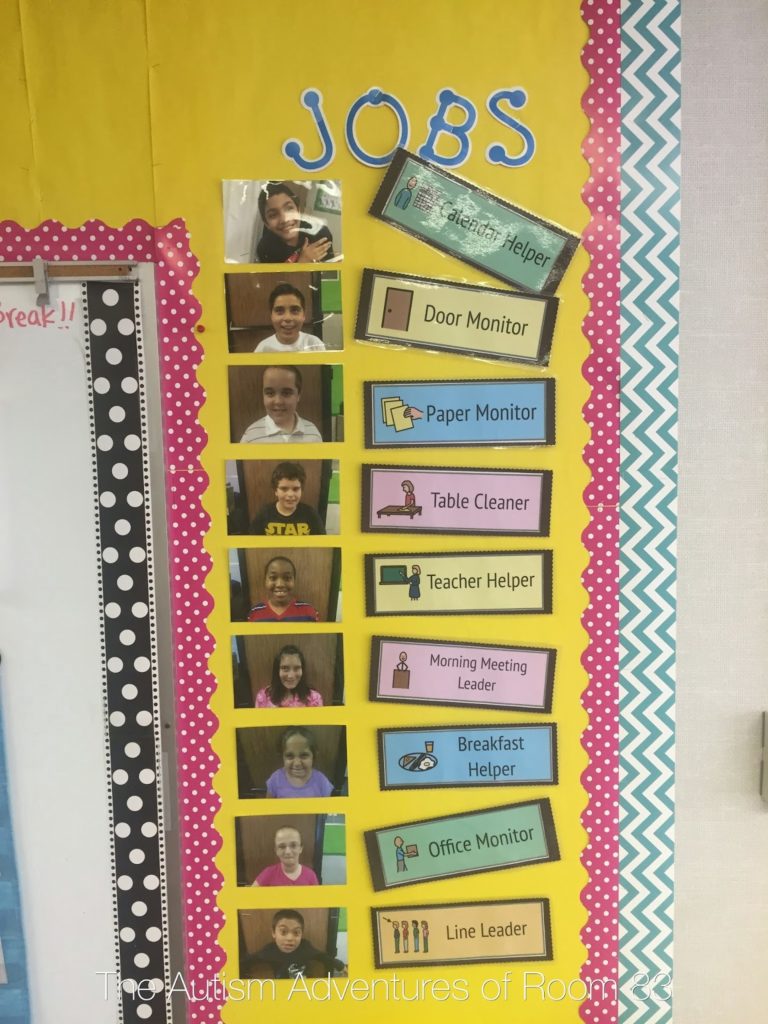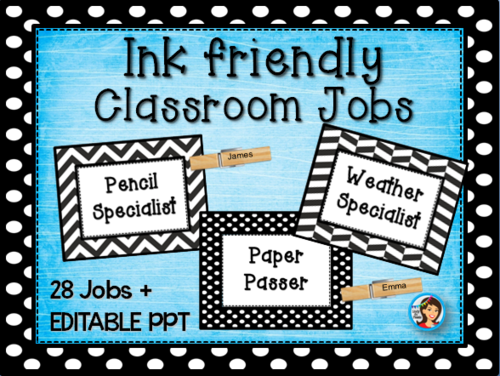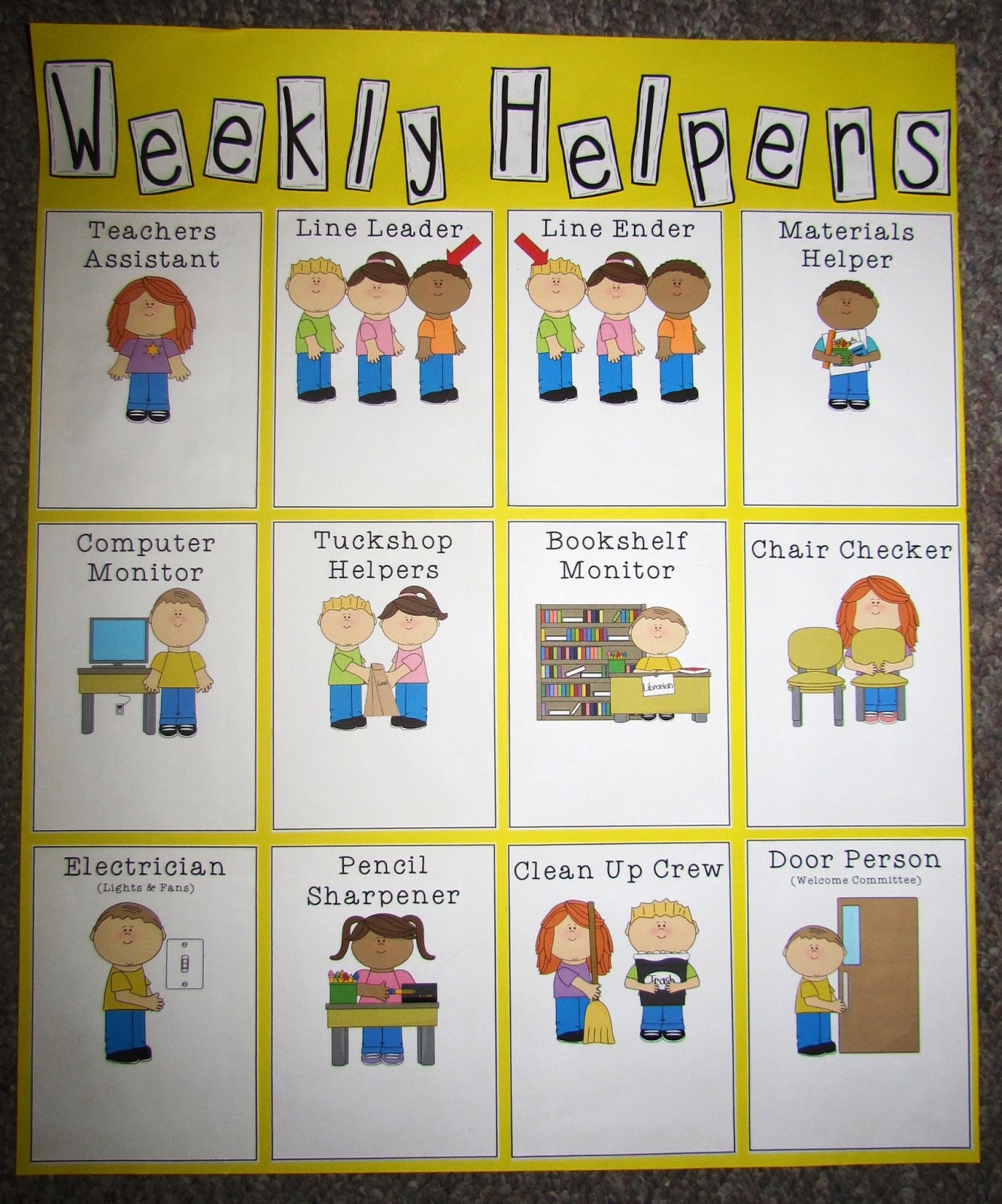
Creating an inclusive classroom environment is essential for promoting the success and well-being of all students, including those with special education needs. One effective way to foster inclusion and empower students is by assigning them classroom jobs. These jobs not only help students develop essential life skills but also contribute to a positive learning atmosphere. In this article, we will explore the benefits of classroom jobs for students with special education needs and provide some examples of suitable tasks.
Benefits of Classroom Jobs for Students with Special Education Needs

Assigning classroom jobs to students with special education needs offers numerous benefits. Firstly, it promotes a sense of belonging and responsibility among students. When students have designated roles and responsibilities, they feel valued and an integral part of the classroom community. This sense of belonging can enhance their self-esteem and motivation to actively participate in class activities.
Secondly, classroom jobs provide opportunities for students with special education needs to develop essential life skills. These tasks help them improve their organization, time management, and problem-solving abilities. Additionally, by engaging in classroom jobs, students can enhance their communication and social skills as they interact with peers and teachers.
Furthermore, assigning classroom jobs to students with special education needs helps create a structured and predictable environment. Students thrive when they have a clear understanding of expectations and routines. Classroom jobs provide this structure, allowing students to anticipate their responsibilities and contribute to the smooth running of the classroom.
Examples of Suitable Classroom Jobs

When assigning classroom jobs to students with special education needs, it is important to consider their individual strengths and abilities. Here are some examples of suitable classroom jobs:
1. Classroom Librarian

The classroom librarian is responsible for organizing and maintaining the classroom library. They can help categorize books, ensure they are returned to their proper places, and assist peers in finding appropriate reading materials.
2. Line Leader

The line leader leads the class during transitions, such as walking in line to different locations within the school. This role promotes responsibility and helps the student develop leadership skills.
3. Materials Manager

The materials manager takes charge of distributing and collecting classroom materials, such as worksheets, art supplies, or textbooks. This job helps develop organizational skills and ensures a tidy classroom environment.
4. Peer Buddy

A peer buddy supports classmates with special needs by providing assistance and fostering inclusion. They can help with tasks such as social interactions, completing assignments, or participating in group activities.
5. Technology Assistant

The technology assistant helps set up and troubleshoot technology devices in the classroom. They can assist classmates with special needs in using assistive technology and ensure that devices are functioning properly.
Conclusion
Assigning classroom jobs to students with special education needs has numerous benefits, including promoting a sense of belonging, developing essential life skills, and creating a structured environment. By considering each student's abilities and interests, teachers can assign suitable tasks that empower students and contribute to an inclusive classroom community.